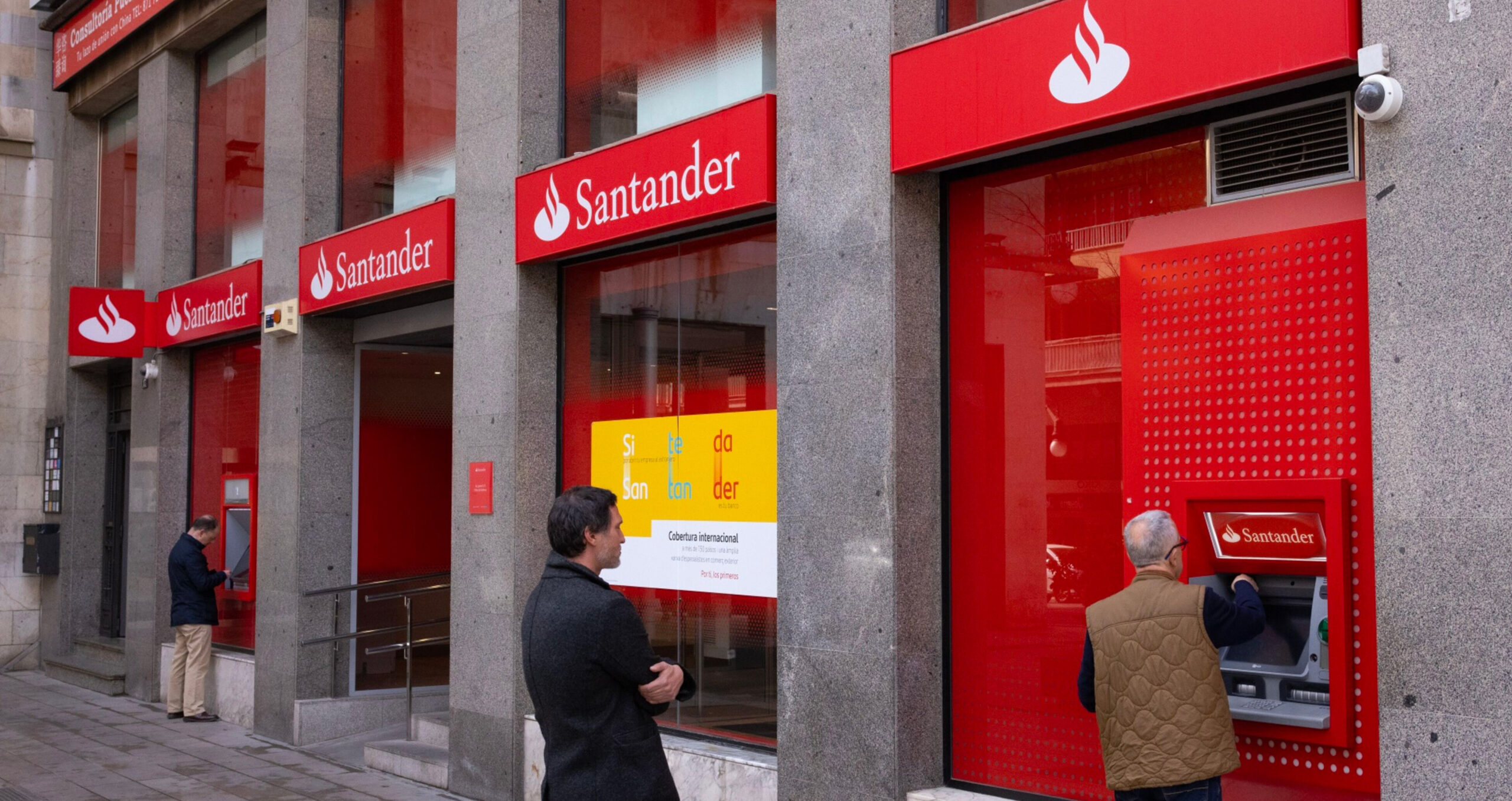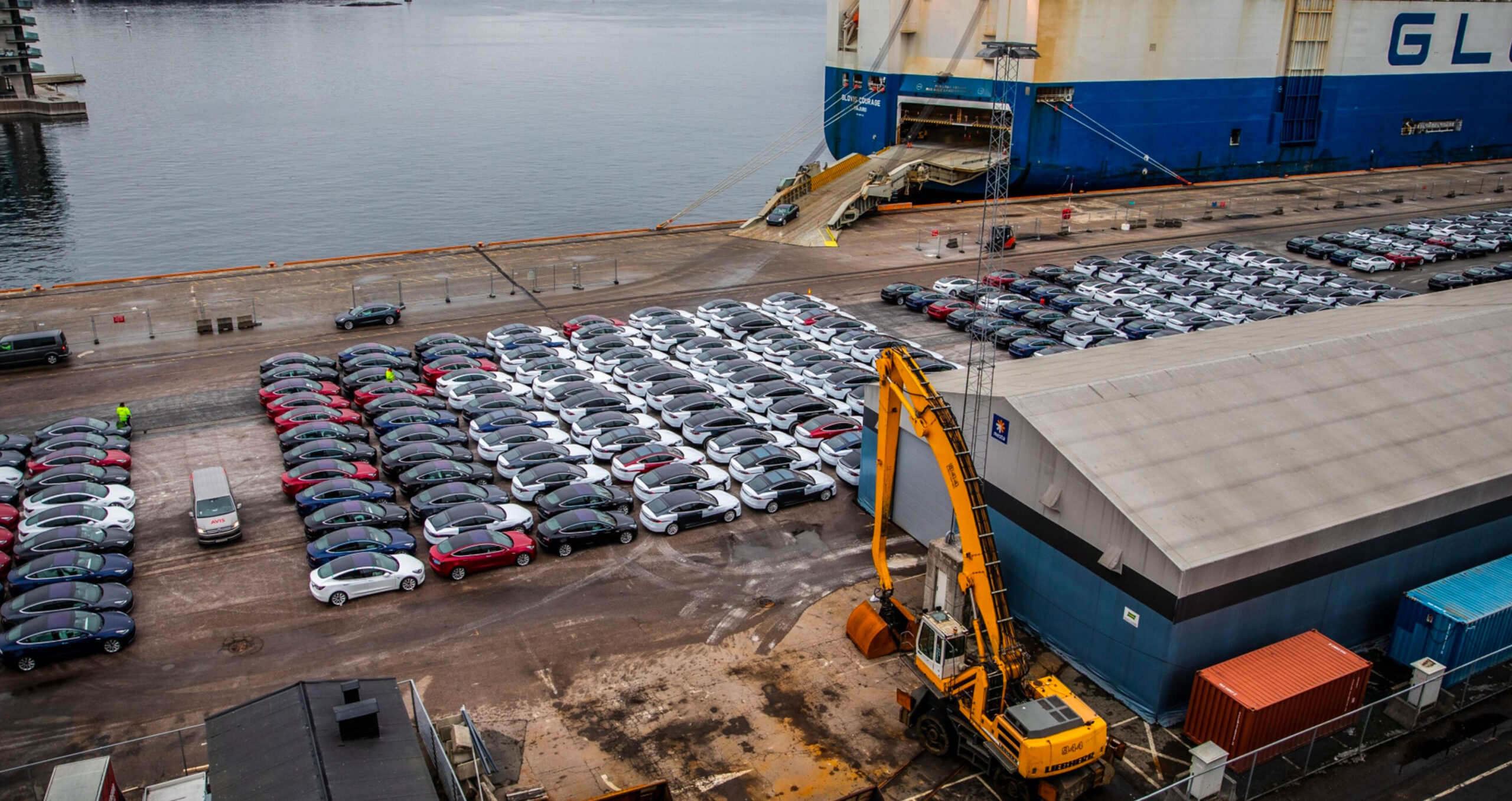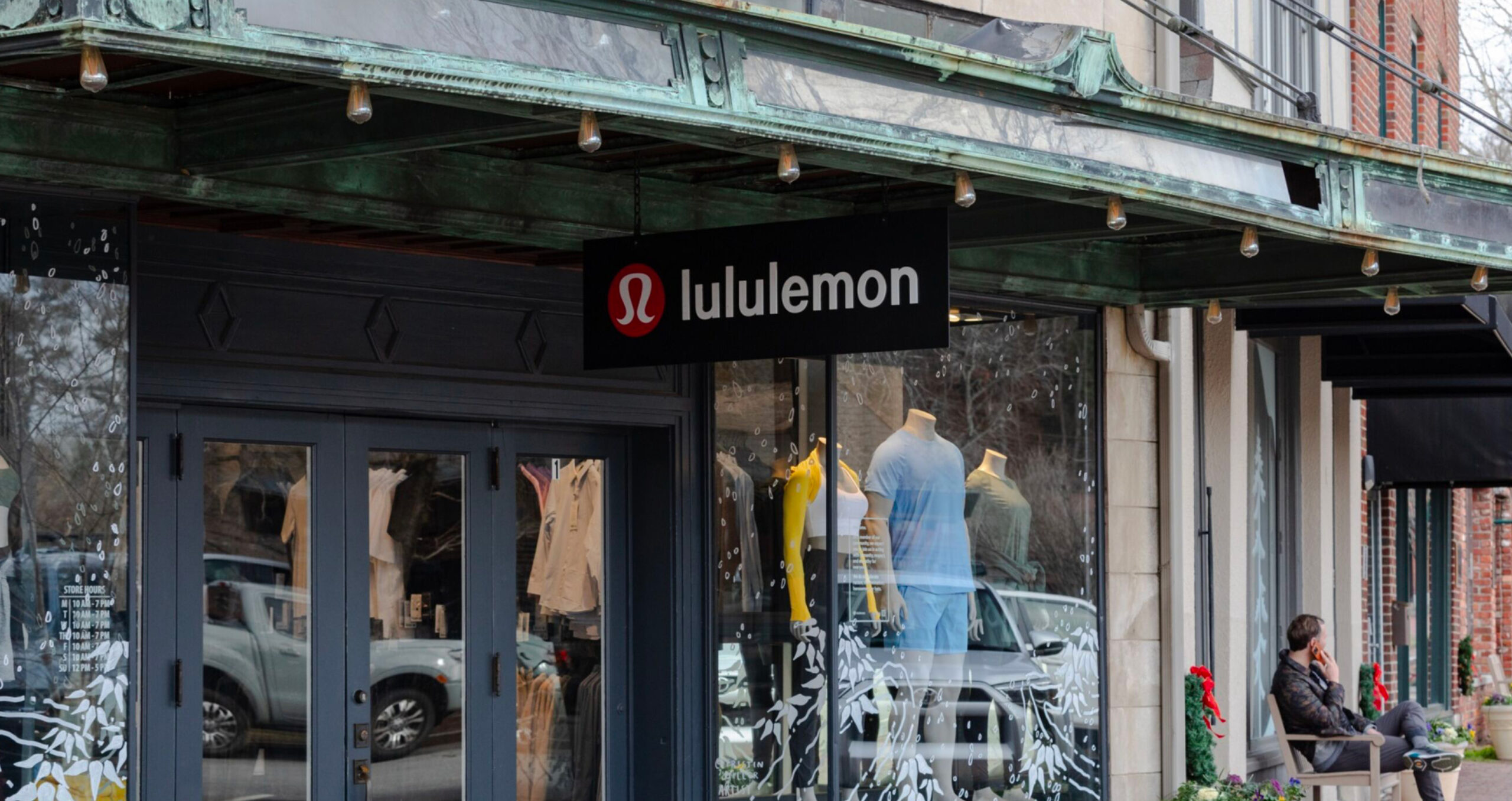

Starling Bank and Lloyds Banking Group are the latest financial institutions to sign up to UK female tech talent initiative Code First Girls, joining 26 other financial institutions seeking to improve the gender balance of their workforce.
Half of the UK’s banks are now participating in the initiative, according to Code First Girls, which has secured more than 100 new clients, including five government departments, since 2019. The organisation, which claims to be the UK’s largest provider of free coding courses for women, counts BlackRock, Morgan Stanley, NatWest and Bank of America among its partnerships.
The female-founded business says it is seeing an increasing number of women looking beyond roles offered by big tech firms, with organisations across all sectors needing tech talent, led by banks and finance companies.
Starling Bank – one of two new finance participants – has been following the work of Code First Girls since its formation and many of its staff work voluntarily with the organisation, according to Becci Freeman, senior people partner at the bank. This year, Starling attended Code Fest, a two-day event run by Code First Girls to connect its members and coders with companies. “This really resonated with Code First Girls’ values, its energy and the way it goes about things,” says Freeman.
“We’re committed to getting more women working in banking to make financial services a more gender-balanced industry. In 2017, we signed up to the Women in Finance Charter. At the time there were 27 per cent of women in senior roles; today there are 43 per cent. We have met and surpassed our target of 40 per cent of women in senior positions; partnering with Code First Girls is a natural next step for us,” she adds.
“It’s incredibly important to us that we are creating opportunities across the bank and technology for all, but it’s even more important that we ensure people have the support they need and deserve when they start working here. So while we knew what we wanted to do, we took extra care internally to ensure when the graduates land, they are best placed for success,” Freeman says.
Boosting diversity
Sharon Doherty, chief people and places officer at new participant Lloyds Banking Group, says it needs diversity of all kinds “so that we can fully represent the many different customers and communities we serve”.
The group is committed to employing 50 per cent of women in senior roles by 2025, says Doherty. “We’ve made great progress – but there’s still more we can do. Our aspiration becomes more challenging in some of our more technical areas, where the industry is still not attracting female talent into the pipeline in the same way that we are able to attract male talent.
“Partnerships with companies like Code First Girls are incredibly important to help the industry to encourage and support females into tech careers, so that we can ensure our technologists fully represent our customers,” she adds.
According to ONS data analysis from the Annual Population Survey via Nomis, as of June 2022, there were 203,800 male brokers, financial analysts and advisers in the UK versus 95,700 females in the same roles (just over 30 per cent of the total). However, only 18.17 per cent of programmers and software development professionals, web design professionals, and data analysts were females, at 113,900 compared to 512,900 males.
Starling Bank is planning to bring in four new technologists to its team next summer and then to decide how to proceed, says Freeman. “We’re very committed to creating more opportunities for all and partnering with the best who share our values.”
The bank will be sponsoring classes and degree places through Code First Girls, contributing to future events and encouraging staff to use their Starling volunteering hours to get involved in mentoring too, she adds.
The initiative also benefits the bank, Freeman says. “Diversity is at the heart of Starling. We believe that regardless of who you are, it’s your knowledge, skills and experience that matter. We want to provide more entry points into technology for all people of all genders and to continue to provide an inclusive and equitable place of work for all. We hope to expand our own network and provide opportunities for women and non-binary people to grow in this space, and we hope to learn from the people we meet too.”
Untapped resource
Five years ago, the World Economic Forum’s Global Gender Gap Report reported female talent in finance was one of the major untapped business resources. This gap is now actively being addressed by initiatives such as Code First Girls.
Recent research by the UK’s Quantic MBA programme shows that while finance is still perceived to be a male-dominated sector, the number of women it employs is rising and their opportunities for advancement are increasing. The academic institution also says during the Covid-19 pandemic the number of women seeking higher business degrees rose by 40 per cent in 2020 over the previous year.
A recent survey conducted by Code First Girls of more than 1,200 women revealed that Goldman Sachs, NatWest and Barclays were among the top 10 companies for which female coders most want to work – though they still lag in popularity behind major tech companies, such as Google, Spotify, Apple, Meta, Microsoft and Amazon.
Additionally, the number of women in C-suite roles in the US is expected to rise by 7 per cent by 2030, according to a recent Deloitte report on gender equity in financial services. Supporting this trend, this month Pennsylvania-based CNB Bank announced plans to open a new unit next year, called Impressia Bank, to provide financial services to women business owners and leaders. CNB Bank said that besides traditional business banking services, Impressia will offer advice and resources to support female entrepreneurs to grow and develop their businesses.
Initially UK-based, Code First Girls says it is now growing internationally. This year it offered classes and degree opportunities across 12 international markets including the US, Poland, the Netherlands, Switzerland and Hungary. “We have secured tech employment opportunities for women in the finance sector in Poland with Goldman Sachs, Hungary with Morgan Stanley and Switzerland with Credit Suisse,” says a spokesperson for the company.
Code First Girls says without initiatives such as theirs and with continued dependence on higher education alone, there would only be one qualified woman for every 115 roles in technology by 2025. “Companies in both the tech and finance sectors are facing a colossal skills and gender gap. There is a very long way to go, but by taking steps to close that gap, banks and financial institutions can ultimately benefit from more diverse teams.”
An increased proportion of female coders will benefit bank customers because “more diverse workforces mean diversity of thought, which leads to better products and services”, says the spokesperson.
This article first appeared in The Banker
Similar Articles

Banks under pressure to reveal data comparing green and fossil fuel spending

With better planning and investment, EV uptake could offer storage and grid flexibility


